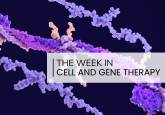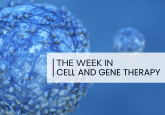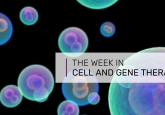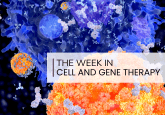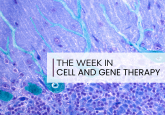Cell therapy weekly: Bombarding diabetic foot ulcers with exosomes
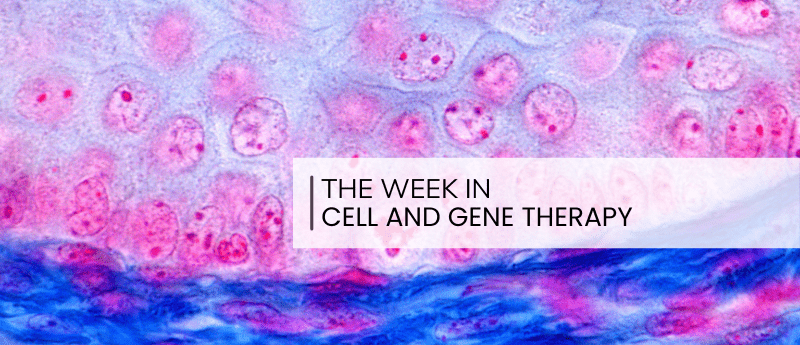
This week: RION (MN, USA) has begun a Phase II trial to assess regenerative exosomes for diabetic foot ulcers, Cedars Sinai (CA, USA) and Space Tango (KY, USA) prepare for a third space launch to the International Space Station (ISS) and the Wake Forest Institute for Regenerative Medicine (WFIRM; NC, USA) will lead a US$160 million program to bolster the US regenerative medicine industry.
The news highlights:
- The National Science Foundation invests in North Carolina’s regenerative medicine industry
- Cedars Sinai and Space Tango take stem cell production to the International Space Station
- RION commences clinical trial assessing exosomes for diabetic foot ulcers
The National Science Foundation invests in North Carolina’s regenerative medicine industry
The US National Science Foundation’s Engines Program Award will see WFIRM apportioned US$160 million. The award forms part of a larger project, the Piedmont Triad Regenerative Medicine Engine, which aims to foster workforce development, job creation and economic growth while creating and scaling breakthrough regenerative therapies for the clinical stage. In addition to the funding, WFIRM has been chosen to lead the North Carolina-based project.
“A significant challenge facing regenerative medicine is developing the professional and skilled technical workforce required to maintain the advances in the field,” clarified Gary Green, Chief Workforce Development Officer for WFIRM. “Workforce development also represents a critical mechanism through which the Engine may make significant societal improvements within the region of service through increased opportunities for training and jobs.”
Cedars Sinai and Space Tango take stem cell production to the International Space Station
Cedars Sinai and Space Tango have completed a third space launch to deliver a pilot-scale stem cell manufacturing system to the ISS. This mission, funded by NASA and the ISS National Laboratory (FL, USA), delivered the technology that manufactures iPSCs and iPSC-derived neural progenitor cells.
They will build on previous missions to advance the next generation of stem cell therapies by studying how microgravity affects stem cell production and the potential transformative solutions it could offer for manufacturing scale-up.
RION commences clinical trial assessing exosomes for diabetic foot ulcers
RION, a clinical-stage biomanufacturing company, has begun evaluations into the safety and efficacy of its Purified Exosome Product™ (PEP) – an exosome therapeutic derived from human platelets – for the treatment of diabetic foot ulcers. PEP, which promotes cell growth and blood vessel formation, will be assessed with a prospective, randomized and multi-center Phase II trial involving 40 patients.
Atta Behfar, co-founder of RION, commented: “The progress we’ve made in advancing PEP, reflects our deep commitment to developing powerful exosome therapies that unleash the body’s ability to heal from within. Not only will this study address a critical unmet need in chronic wound care, but it’s a pivotal moment for RION. We are disrupting the boundaries of exosome technology, to develop a new generation of therapies endowed with the potential to truly transform the way we treat complex and incurable diseases.”
Last week in cell and gene therapy:
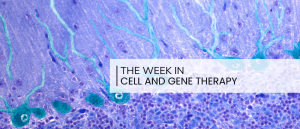 Novel nanoparticles for delivery of genetic medicines
Novel nanoparticles for delivery of genetic medicines
GeneEdit and Genetech will develop nanoparticles to deliver genetic medicines, Kyowa Kirin acquired Orchard Therapeutics and ReLive Biotechnologies’ cartilage repair product received approval from Singapore’s HSA.
